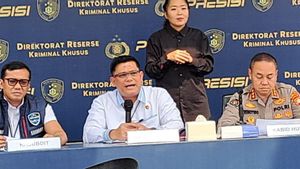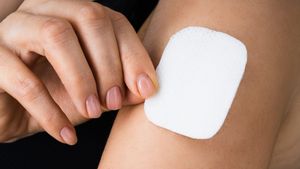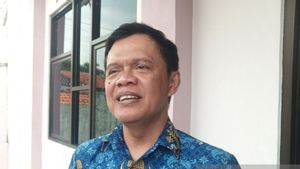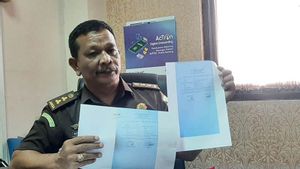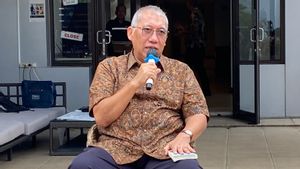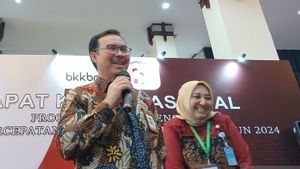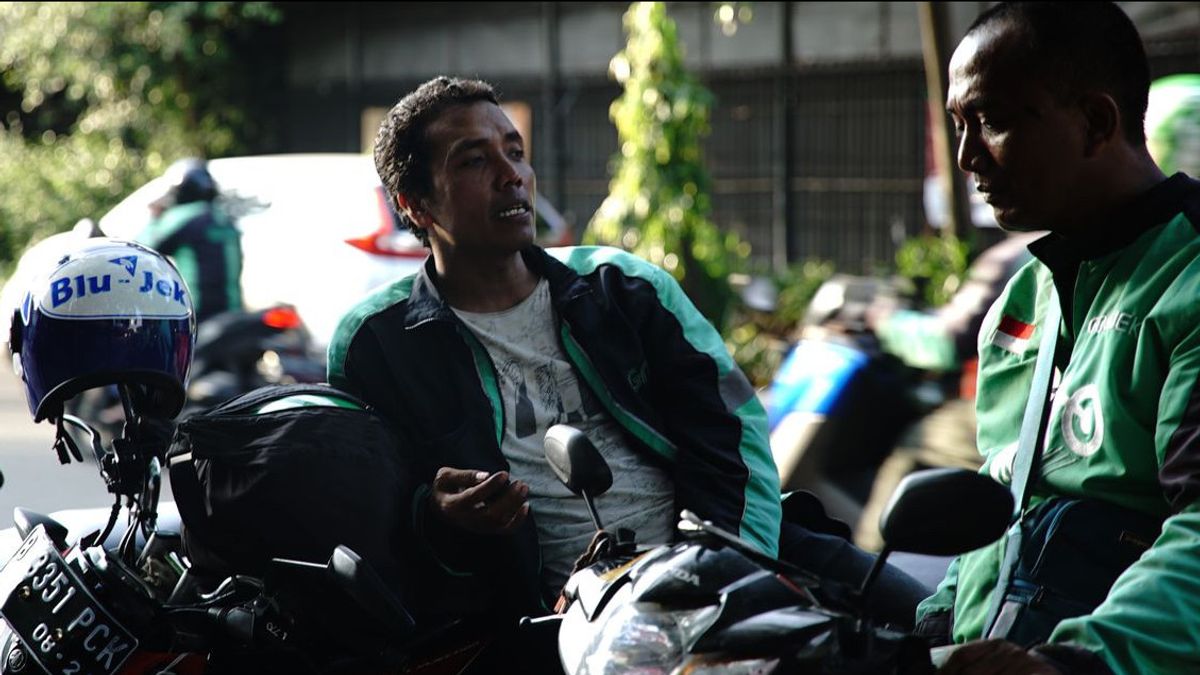
JAKARTA - Regulation of the Governor of DKI Jakarta Anies Baswedan which regulates the technical implementation of Large-Scale Social Restrictions (PSBB) has not yet been issued. Anies is still adhering to the rules for online motorcycle taxis to carry passengers.
Minister of Health Regulation (Permenkes) Number 9 of 2020 concerning PSBB Guidelines for the Acceleration of Handling COVID-19, an application-based two-wheeled transportation facility with restrictions only for transporting goods and not for passengers.
However, Anies wants to allow online motorcycle taxis (ojol) to continue serving passengers. In the observations of Muslich Zainal Asikin, Chairman of the Indonesian Transportation Society Central Executive Board Professional Council, there is a special reason for Anies not to prohibit ojol from carrying passengers.
Muslich sees Anies worried that ojol will lose more income. This is because passenger delivery is the most common feature used by the community compared to the delivery of food and goods.
Moreover, there are still a number of occupations that still operate outside the home. They still need a passenger motorcycle taxi service to take them to work locations and public transportation modes.
However, Anies cannot violate the provisions of Permenkes No.9/2020. Moreover, physical distancing efforts (maintaining a safe distance) cannot be applied to passenger taxis.
"It is also impossible for every ojol driver to wear personal protective equipment (PPE) when working because it is specifically for medical personnel," Muslich said when contacted by VOI, Thursday, April 9.

Look for alternatives
Therefore, this transportation observer from UGM advised Anies to follow the regulations of the Minister of Health and look for alternatives and cooperate with motorcycle taxi applicators such as Gojek and Grab.
"For workers who need online transportation, they can still be facilitated by car drivers with restrictions on the number of passengers who meet the physical distancing requirements," said Muslich.
Anies can also take advantage of the role of ojol in delivering social assistance such as foodstuffs to people's homes. This also helps reduce potential crowds.
He continued, Anies could concentrate PD Pasar Jaya on organizing online shopping activities for residents in each market and using ojol to deliver groceries home.
However, this effort must also get understanding from the applicators. "Gojek and Grab are expected to be able to provide discounted delivery costs for the community, without reducing ojol income," he said.
For information, the Jakarta PSBB is officially implemented on Friday, April 10. Efforts to prevent the transmission of COVID-19 are valid for 14 days and the application period can be extended.
In general, the implementation of the PSBB is not much different from the policy that Anies has issued gradually since 3 weeks ago. Among them are calls to work and study from home, to stop religious activities in places of worship, and restrictions on transportation.
In addition, Anies also extended the closing period for tourist attractions, both those belonging to the DKI Provincial Government and the private sector. This is intended to maintain social distancing-physical distancing. It's just that, this appeal has been based on law enforcement.
Marriage activities are not prohibited, but must be carried out at the Office of Religious Affairs (KUA). Meanwhile, reception celebrations are prohibited. Then, circumcision or circumcision is still allowed, but it is forbidden to celebrate.
Restrictions on public transportation such as Transjakarta, MRT, LRT, and Jaklingko have been tightened. The operational hours of transportation managed by the DKI Jakarta Provincial Government have been shortened, starting from 06.00 to 18.00 WIB. Then, the number of passengers in one bus or carriage is also reduced. Its capacity is reduced by 50 percent.
There is one important note delivered by Anies regarding the application of social distancing-physical distancing for DKI residents. When the PSBB is implemented, no crowds of more than five people are allowed in an activity.
There are 8 business activities (offices) that are exempted from being stopped. This business sector is still allowed to operate and carry out activities outside the home, namely:
1. Health
2. Food
3. Energy such as water, gas, electricity and fuel
4. Communication and media services
5. Finance and banking, including the capital market
6. Logistics for distribution of goods
7. Daily necessities and retail such as grocery stalls
8. Strategic industrial sector in the Capital City
The English, Chinese, Japanese, Arabic, and French versions are automatically generated by the AI. So there may still be inaccuracies in translating, please always see Indonesian as our main language. (system supported by DigitalSiber.id)


